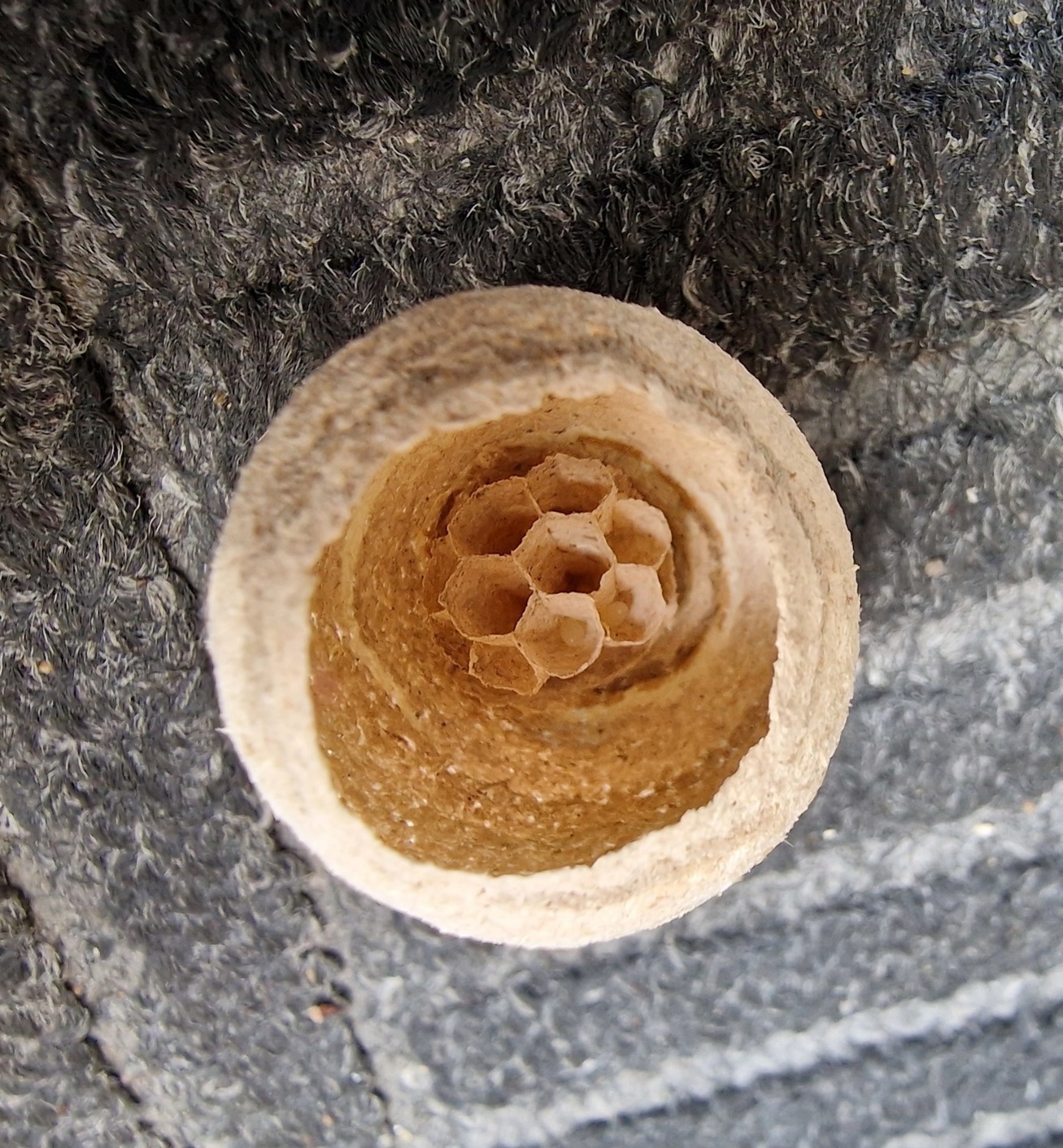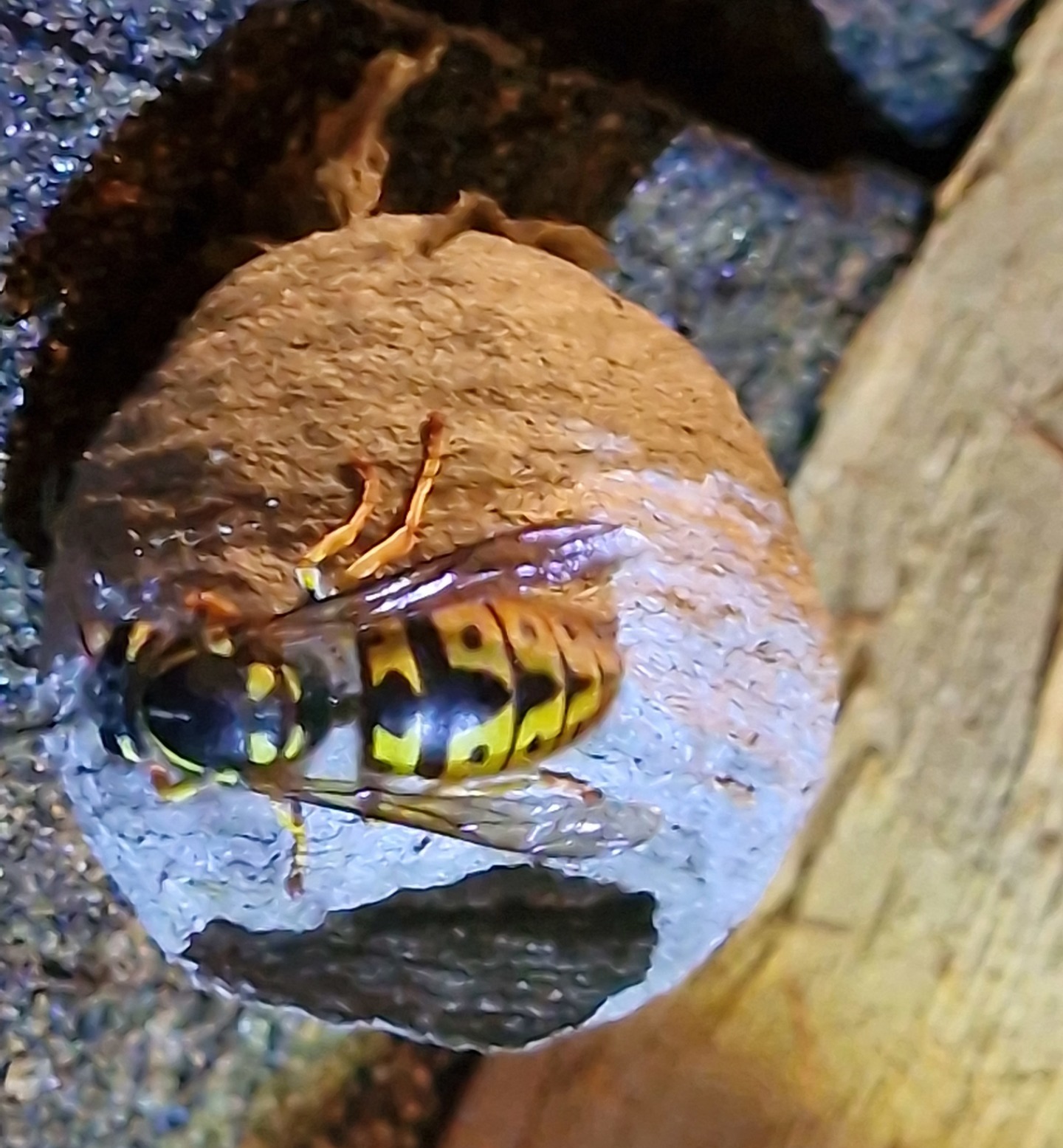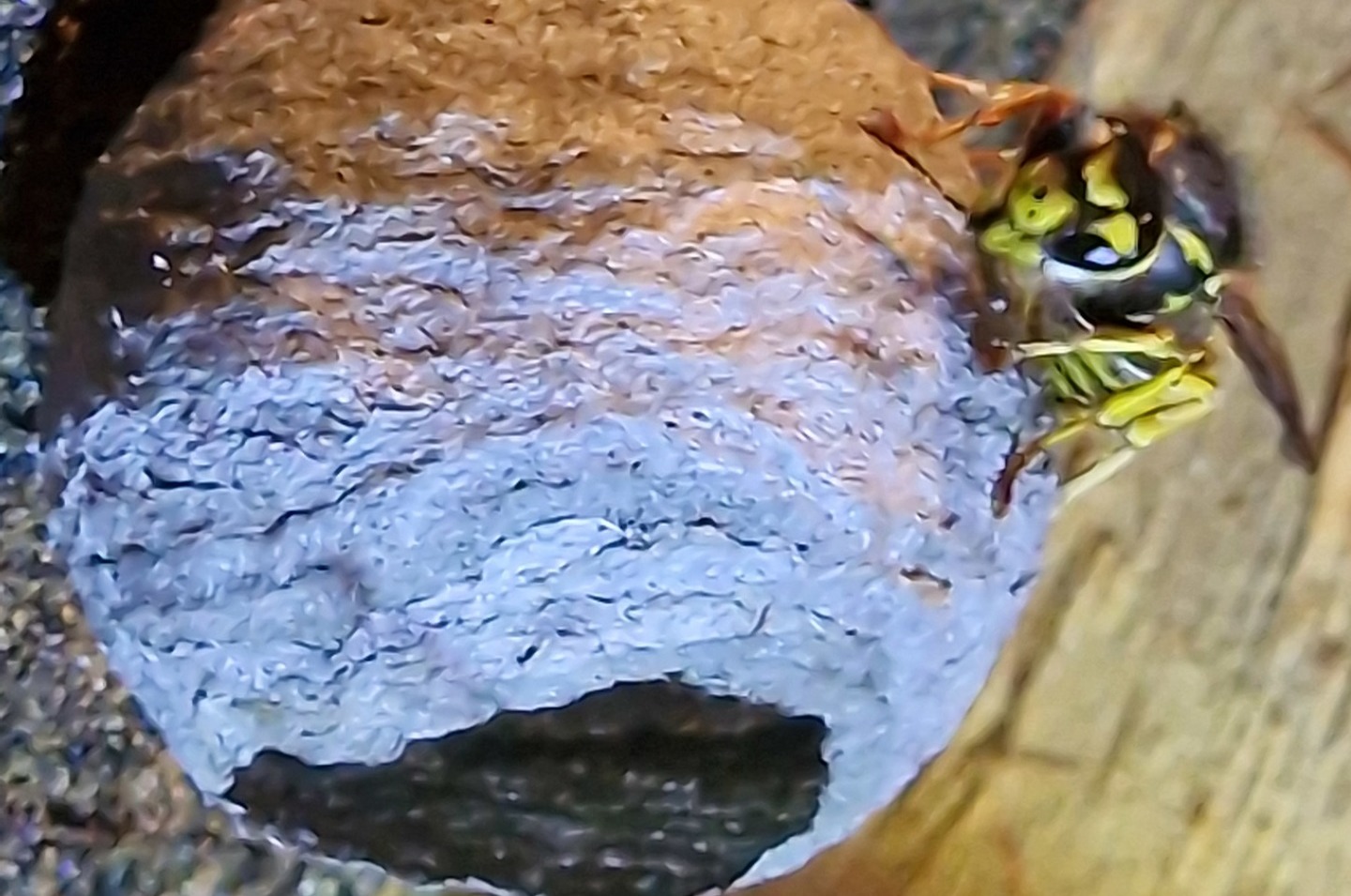Its spring - here comes the wasps
Posted on 10th May 2023 at 07:47
Wasps in Reading
Its spring and here come the wasps
Here we are in May, and it seems that summer still remains an elusive dream, those lovely hot days and warm evenings are all just out of reach. Whether its low-pressure systems in the Atlantic or the aftermath of some weird weather phenomenon that bought us the Beast from the East, it feels like summer is quite some distance away.
Its not just us that have reacted to the wet spring, we’re normally busy with squirrels from February into March as they will have an early breeding season and this year that’s not been the case, in fact we’re just seeing it now, which seems to be very late, will this impact on their second mid-summer breeding season? Time will tell.
The other noticeable change in our pest control calendar is the late start for wasp season; usually we’ll see wasp activity begin in April and by May we’re seeing quite a few callouts to deal with newly formed wasp nests.
As spring seems to have arrived a bit later than usual, we are now seeing the overwintering Queens emerging from void areas like lofts and cavity walls, they can’t always find their way out to freedom and will suddenly appear in fairly large numbers in an upstairs bedroom or bathroom.
If you see a group of largish, sluggish wasps which appear overnight then these are all Queen wasps that have become trapped inside your home.

A Queen Wasp
Overwintering Queens pose little risk
There is no need to panic nor any urgency to reach for the phone to dial up pest control, these wasps have been in hibernation all winter and they are starving to death. Without a colony to protect they won’t be aggressive, and they really just want to leave, so your choice is, get a tin of fly and wasp killer and give them a liberal spray or just open the window and let them fly off.
At the moment those wasps that have successfully got through winter and found their way out, have started building their nests and from the handful of jobs that we’ve done, we can see that these nests are tiny – around the size of a ping pong ball and not capable of having ten or twenty wasps inside.
These nests will quickly grow in size, if the weather warms up a bit, we should see a growth spurt given the fact that we’ve had so much rain and all insect life is now waiting for better weather. Once the Queen has hatched a few workers, they will take over food gathering, and nest building duties and she will then stay inside the nest and become an egg laying machine.
A wasp nest grows at an alarming rate, with the right weather and a quirk that is inherent to colony forming insects, numbers of wasp inside can grow to several thousand over the course of the summer. The wasps that we see flying around are all female, thought they cannot mate and form their own colony they will lay unfertilised eggs that hatch to become male wasps.


Professional wasp control throughout Reading
Wasp control that doesn't cost the earth
The quirk of colony building insects is, if the Queen mated with just a single male wasp, then all these workers are true sisters and so there’s a degree of harmony inside the colony.
When the Queen had multiple partners, the workers are now half-sisters and so, some will eat the eggs laid inside the nest as they don’t recognize the paternity. Chaos breaks out inside the colony and many workers will spend their time guarding their eggs from their predatory half-sisters; these insects have only a small chance of their offspring passing on their DNA so they are driven to defend their brood.
What this means to you is that when you discover a wasp nest inside your property, the best possible advice that I can give you is to get it treated before it becomes a problem, these nests can grow in size and volume extremely quickly and if left the wasps can do some considerable damage to your home – check out our earlier blog

Call out pest control, get the wasps exterminated and then that way you can be left to enjoy the summer when it gets here.
Tagged as: Wasps, bee's and hornets
Share this post:





